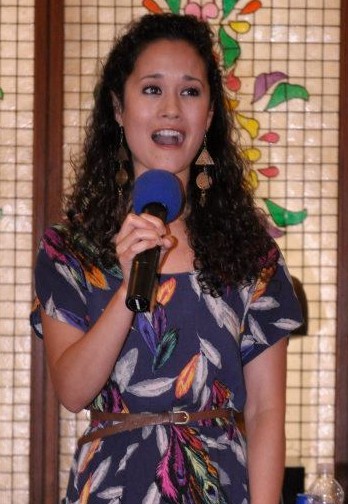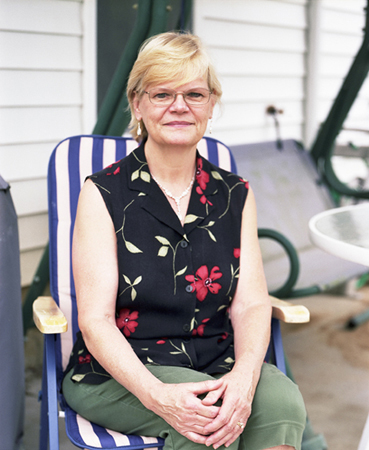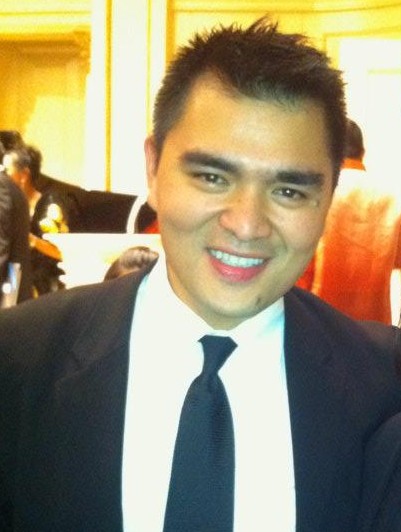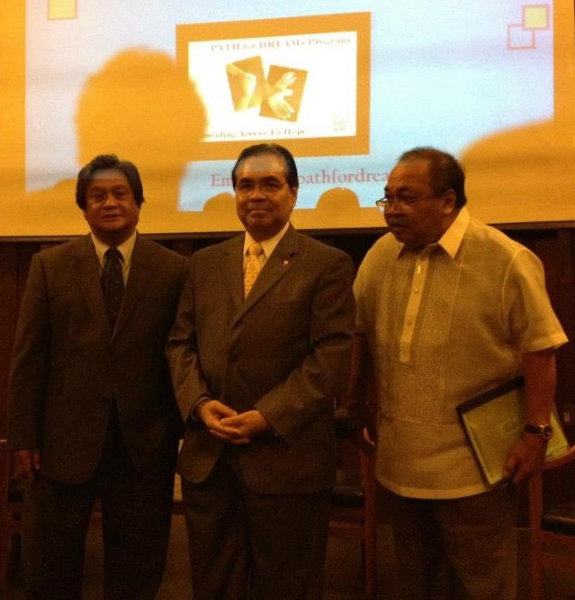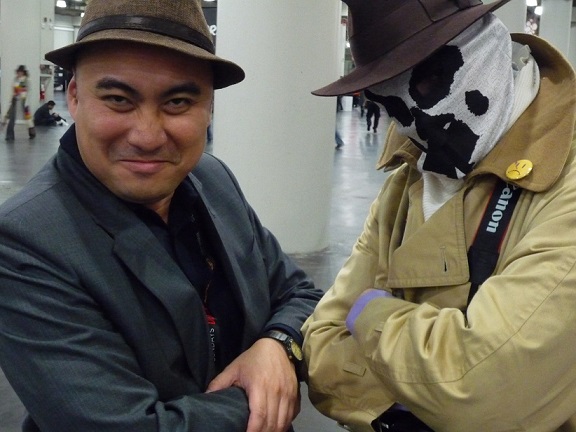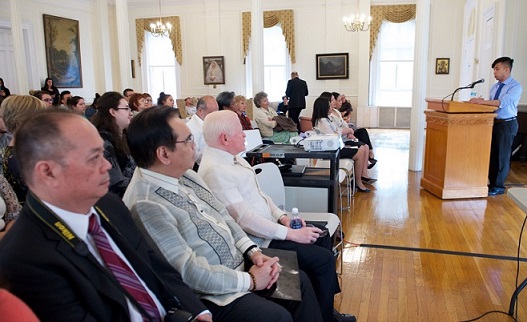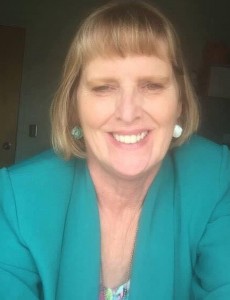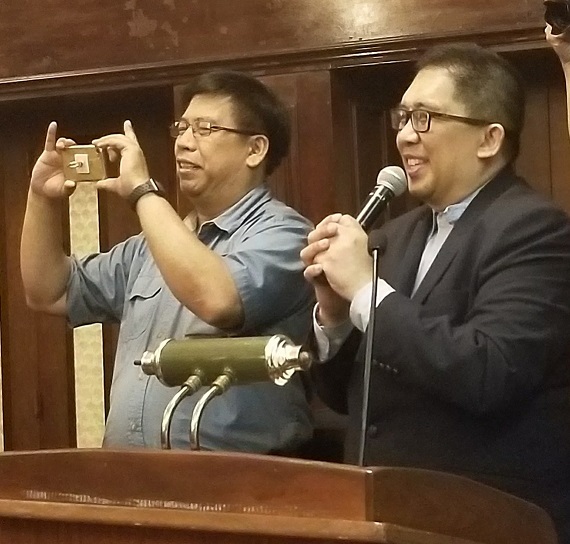Lawyer Anna Mercado Clark’s fork in the road
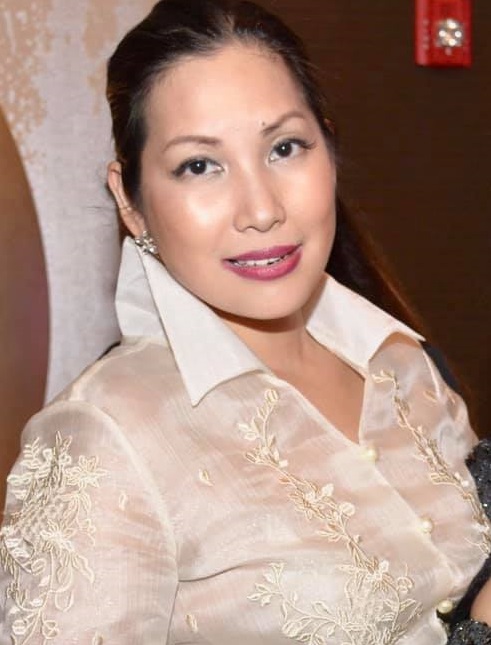
By Cristina DC Pastor
Her father was a doctor who founded a rural hospital in Batangas, her mother a retired nursing home director in New Jersey. Anna Mercado Clark, 41, chose the path untraveled. She became a lawyer instead of the physician her parents had prayed she would be.
Today, she is an experienced litigator, a partner at Phillips Lytle LLC focusing her practice in the areas of business and commercial litigation, as well as data security and privacy. She is an adjunct professor at Fordham Law School teaching classes on Fundamental Lawyering Skills and Data Security and Privacy. Early in her career, she was an Assistant District Attorney.
There was a time Anna had contemplated a career in health care just like her parents. She actually completed a B.A. in Biology from Rutgers University. But when Bush v. Gore made election history in 2000, she became intrigued with the law and “started to wonder about the law and its impact on society.”
“I first became interested in the law as a result of Bush v Gore,” said Anna when interviewed by The FilAm. She took the Law School Admission Test and “decided to follow that path.”
As a student at the Fordham University School of Law, she interned for the Hon. Denny Chin, then of the Southern District of New York and now in the Second Circuit Court of Appeals. After graduation, she landed her first job as a criminal prosecutor in the Queens District Attorney’s Office. Here, she met a homicide prosecutor who would become her husband. Shawn Clark is currently the Bureau Chief of the Career Criminal Major Crimes Bureau in Queens. They have a 6-year-old son, Shawn Jr., who is “very mischievous and funny,” she said proudly.
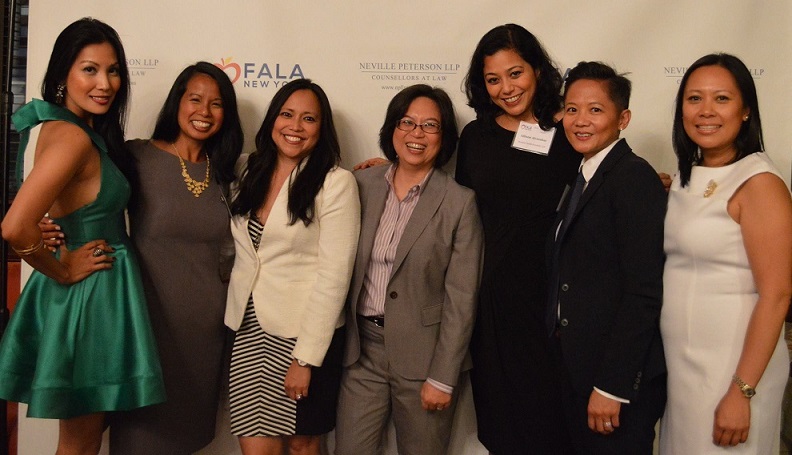
After leaving the DA’s office, Anna went to a private law firm where she defended healthcare providers against medical malpractice claims. She was later recruited by Phillips Lytle LLP, as a commercial litigator, representing individuals and companies in business disputes and white-collar criminal investigations. “I am now a partner at the law firm, and lead two practice teams: the Data Security and Privacy Practice Team and the eDiscovery and Digital Forensics Team,” she said. “I frequently write articles, and speak on panels and conferences as a subject matter expert on these issues.”
Filipino identity
Anna was born in the Philippines and came to the U.S. with her sister at the age of 12. Her father, Dr. Daniel Mercado, had worked briefly in the U.S. in the 1950s but decided to go home to establish a low-cost medical facility in Tanauan, Batangas. “I think he did so because he wanted to be his own boss and was put off by the racial tensions of the time and being treated as ‘other,’” she shared.
Her mother, Luz Robles Mercado, was a Registered Nurse. She immigrated after being recruited by a New Jersey hospital. Anna decided to join her mother in the U.S. so she could help look after her younger siblings.
“It was a difficult transition,” recalled Anna. “I attended a small Catholic school, beginning the school year as a 7th grader. I recall well-meaning classmates asking me if I spoke English, to which I inadvertently responded by winning an in-class spelling bee that day. I was promoted to 8th grade after a few weeks and for the remainder of the year, I was bullied by classmates who poked fun at my Filipino accent and (lack of) style. For the first time in my life, I did not want to attend school. Fortunately, I did make friends with some Filipino/Filipino-American classmates who made the year much more bearable.”
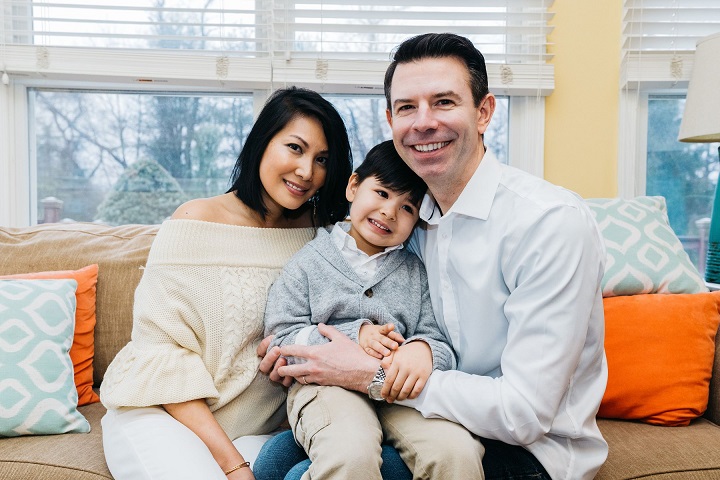
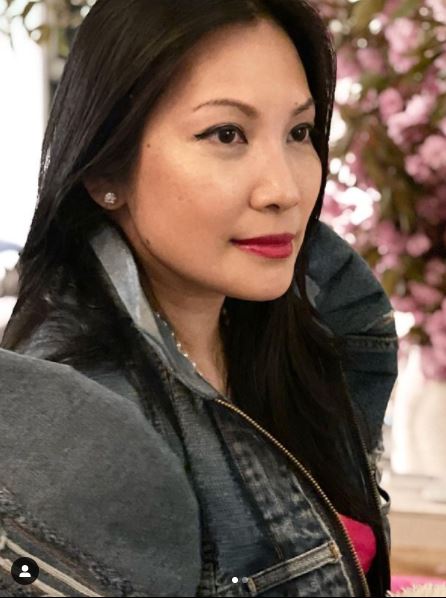
She shared a “special bond” with her father although he remained in the Philippines. As he got older, he continued to persuade Anna to return home, become a doctor and join his hospital. The Daniel O. Mercado Medical Center did well and grew into a 145-bed tertiary hospital, one of the first hospitals in the country to be recognized as a “Center of Excellence” by the Philippine Health Insurance Corp. Her father passed away when she was in college.
She threw herself into campus activities to keep busy, pay tribute to her roots, and in part, numb the pain of losing her father. She joined the Rutgers Association of Philippine Students (RAPS), one of the largest Filipino American student organizations on the East Coast at the time. She became president and co-directed at least three annual Barrio Fiesta plays and spearheaded the Battle of the Barrios, 20 years later, a very popular annual talent competition among FilAm students on the East Coast. She participated in the planning of the Filipino Intercollegiate Networking Dialogue’s (FIND) 2000 Conference.
It was her father who provided the constant reminder that his children not lose their Filipino identity and to always remember where they’re from, even reminding Anna to speak only in Tagalog when visiting the Philippines. Anna took pride in that, finding strength in his wisdom and affection for the Motherland.
To this day, Anna sees herself as one who is “decidedly Filipino.” She strives to find ways to showcase that identity, by taking leadership roles at her firm, in minority Bar associations, and in the community. Whereas she struggled to assimilate and be “more American” when she was younger, she now wears her Filipina heart on her sleeve, literally, as she wears butterfly sleeve ternos at every opportunity, including speaking engagements, tv interviews, and just walking down the street.
“When a stranger compliments my terno, I beam with pride and share that it is traditional Filipino wear,” she said, hopeful that in all ways big and small, she is honoring her family and her identity.
(C) The FilAm 2021

